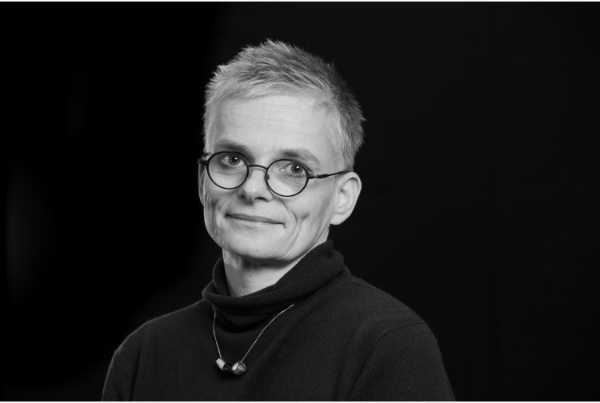In my graduate education at the University of Vienna, I was trained in theoretical linguistics with an emphasis on syntactic theory as well as interface-issues (syntax-morphology, syntax-semantics, and syntax-pragmatics). At this time my primary language focus was on Germanic. After completing my graduate work I came to the University of British Columbia in 1996 as a postdoctoral researcher and later as a faculty member. Here I expanded my language specialization to include Upriver Halkomelem (Salish), Blackfoot (Algonquian) and Ktunaxa (aka Kutenai). I have published extensively on typological issues viewed from the angle of theoretical linguistics, which I more recently expanded to includd the language of interactional language. My relocation to ICREA and UPF coincides with the start of a new research agenda: the modelling of language variation in neuro-diverse populations.
